This Site is not authorized by the New York State Department of Financial Services. No mortgage loan applications for properties located in New York will be accepted through this site
What Are Closing Costs?
Understanding closing costs
In order to close your loan, you’ll need to pay a number of service-related costs and fees. While some of these closing costs are paid to your lender, most of them go to third-party providers for services like your appraisal, credit report and insurance.
How much are closing costs?
Closing costs usually equal about 1 to 4% of your home’s value. For example, if your home costs $250,000, your closing costs could range from $2,500 to $10,000. The range depends on many factors, including loan-specific fees and your geographic location.
Who pays closing costs?
More often than not, it’s the buyer who pays the closing costs. That said, some sellers may be willing to cover part of the closing costs. One of our Mortgage Representatives would be happy to help you understand your options.
Did you know?
If you don’t have cash on hand to cover closing costs, you might be able to roll them into your mortgage. To see if this is an option for you, speak with one of our Mortgage Representatives.
A breakdown of closing costs
Everybody’s closing costs are different, but we’ve put together a list of the most common ones. It’s worth noting that you’ll also receive a list of your closing costs and fees as part of your Loan Estimate when you apply for a mortgage.
A breakdown of closing costs
Application fee
You’ll need to pay a one-time, upfront fee to cover the cost of processing your loan application.
Commitment fee
Lenders will typically charge this fee to hold a specified loan amount for you.
Credit report fee
We’ll need to check your credit score with the 3 major credit agencies: Experian, Equifax and TransUnion.
Home appraisal fee
An appraisal confirms the market value of your home. Home appraisers look at many factors, including the number and size of rooms, property features and the value of other homes in the area. We’ll work with you to order the appraisal.
Home inspection fee
A home inspector will certify your home and inspect it for any pests, flaws or structural issues. It’s a required step for government loans (such as Federal Housing Administration and Veterans Affairs loans), but some states and lenders may also ask for it.
Flood certification fee
We’ll need to know whether or not your home is in a flood hazard area. If it is, you’ll need to get flood insurance, in addition to your homeowners insurance.
Mortgage points
You may choose to pay mortgage points for a lower interest rate on your loan. The cost of 1 point is equal to 1% of your total loan amount, which in turn will lower your interest rate by less than 1% – typically between .125 and .375%, depending on your mortgage.
Mortgages with points carry a lower interest rate but have higher closing costs since points are paid at closing. Your Mortgage Representative can help you decide if points are right for you.
Title search fee
A title company will perform a public records search to confirm there are no existing claims (these are also called liens) on the house you’re buying.
Owner’s title insurance
Title insurance can protect you if someone claims they have a right to your home. It can cover a range of property ownership disputes, including liens, undisclosed heirs and more. Owner’s title insurance is usually optional.
Lender’s title insurance
We require lender’s title insurance to protect us against problems with the title to your property, such as unexpected claims of ownership.
Settlement fee
Title companies or attorneys charge this fee to conduct the mortgage closing, which is when you’ll sign all your closing documents and take ownership of the property.
Recording fee
Charged by your local government, this fee covers the registry of your home purchase in the public record. The cost depends on the number of pages that need to be submitted.
Document preparation fee
This fee covers the costs of preparing legal documentation (such as trust documents or transfer deeds), as well as some administrative costs.
Notary fee
Notary fees are often charged if a mobile notary is required – for example, if you sign your closing documents outside of the settlement agent’s office.
Endorsements
Endorsements are essentially customizations to a standard insurance policy. While they are often included in your title insurance policy, you may need to pay additional endorsements depending on the property or loan.
Property taxes
Property tax is calculated by your local government and is based on the value of the property (including the land it’s on). Depending on where you buy, you may be required to pay property taxes for 2-3 months, 6 months, or even a full year.
City taxes
City taxes (or local taxes) are levied by the town or city you’re buying in and are used to fund civic services.
School taxes
School districts have the power to levy taxes against properties in their boundaries. The amount varies by state, county and city and is often tied to the value of the home (and even included in property taxes).
Tax service fee
A tax service agency may be used to make sure your property tax payments are made on time.
Homeowners insurance
Often, you’ll need to have homeowners insurance set up before your closing. This coverage protects you against losses and damages to the house or the assets inside.
Mortgage insurance
Depending on your loan type, insurer and down payment, you may need mortgage insurance. This protects your lender if you’re unable to pay your loan.
Transfer taxes
Some states charge a transfer tax for purchasing a property. Typically, each state’s law determines the tax amount and who pays it.
Would you like to Learn more?
Take the time to give us a ring and we will be here to guide you through.


